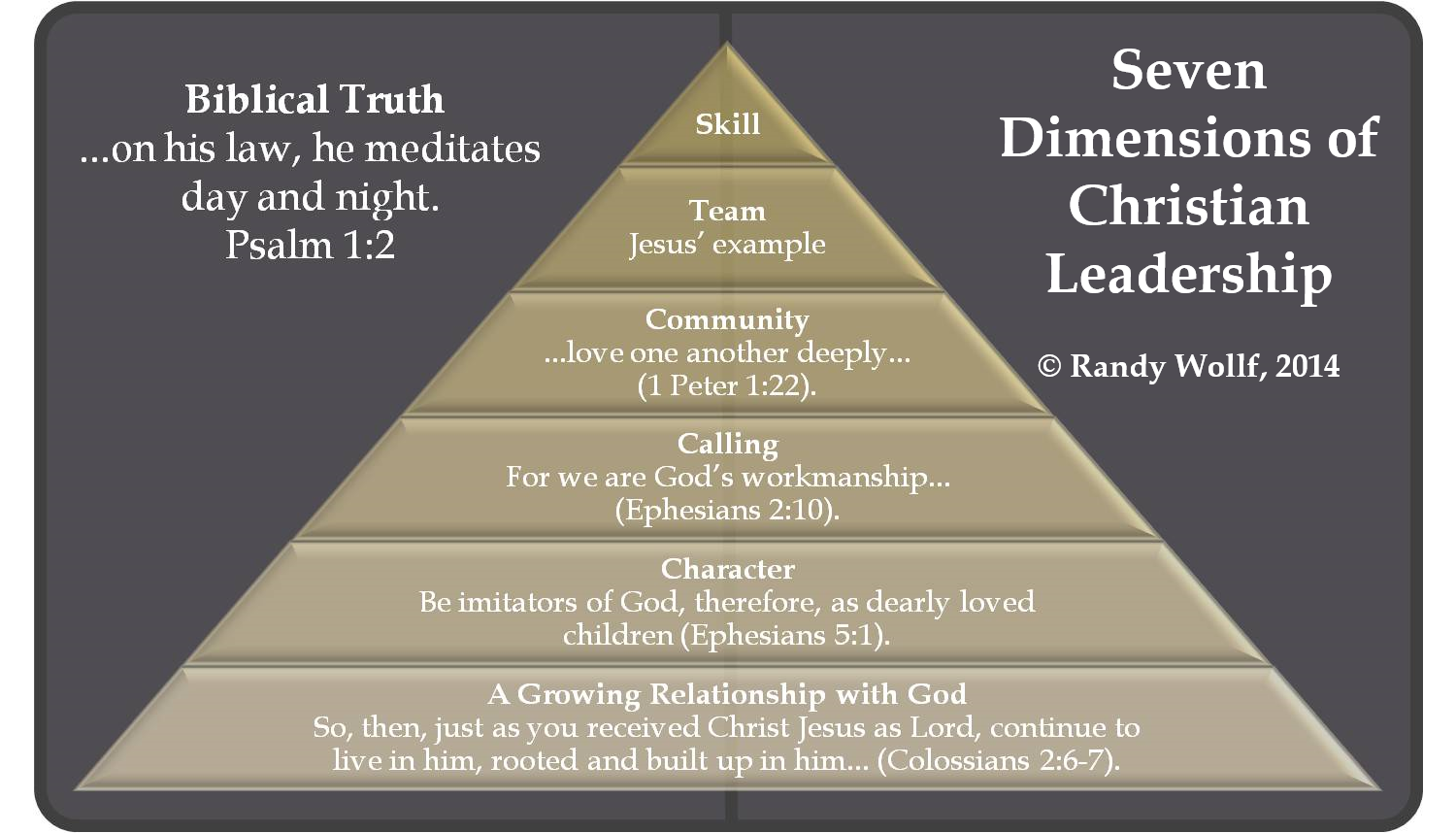5 Ways to Motivate More Effective Board Meetings
 The “life” of a non-profit board exists in its official meetings. The time that a board has to experience this “life” is extremely limited (perhaps 30-40 hours each year), which means that board leaders have to plan meetings that enable the board to derive the most value during these scheduled interactions. Ineffective meetings—those that hinder a board’s ability to advance the agency’s mission by making good decisions—generate board dysfunction and affect the health of the agency. So investing wisdom in developing quality meetings and board experiences pays immense dividends.
The “life” of a non-profit board exists in its official meetings. The time that a board has to experience this “life” is extremely limited (perhaps 30-40 hours each year), which means that board leaders have to plan meetings that enable the board to derive the most value during these scheduled interactions. Ineffective meetings—those that hinder a board’s ability to advance the agency’s mission by making good decisions—generate board dysfunction and affect the health of the agency. So investing wisdom in developing quality meetings and board experiences pays immense dividends.
Experienced, non-profit board leaders rely upon five key principles to ensure that their board meetings are productive and healthy:
1. Leverage the link between meetings and mission
Understand the essential relationship between effective board meetings and achieving the key outcomes necessary to advance the mission. When board leaders and the CEO fail to perceive the inter-relationship between well-planned board interactions and the ability of the agency to fulfill its vision, then insufficient attention will be given to nurturing the “life” of the board. The inevitable result will be poor planning, mediocre leadership, and risky decisions.
2. Develop an annual agenda
Board leaders serve the board and its members. This can only happen if board leaders understand the role and responsibility of the board, have a clear perception of the work that the board has to accomplish annually, and know how to pace the work of the board to fulfill its responsibilities effectively and efficiently. Developing an annual agenda will accomplish these purposes in the following ways:
- It will ensure that time-sensitive decisions are scheduled appropriately
- It will require the board to have the necessary information in hand to make such decisions
- It will empower the board to handle unanticipated issues without upsetting its rhythm



